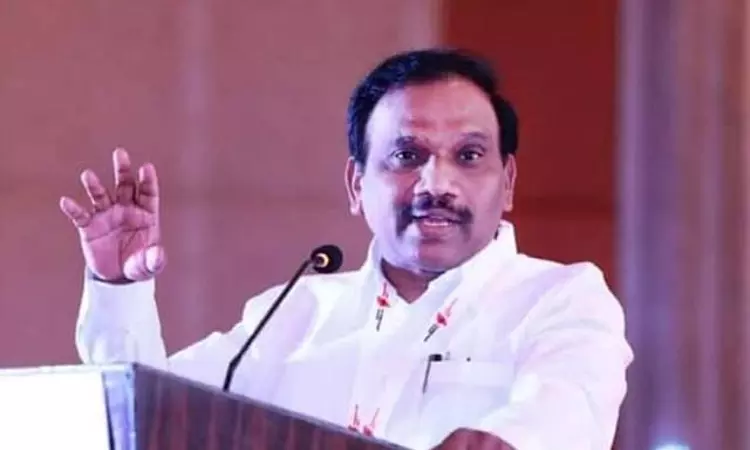Sanatana Dharma Row | Freedom Of Speech And Expression Is Above Freedom Of Religion: A Raja Argues Before Madras HC
Upasana Sajeev
10 Nov 2023 8:37 PM IST

Next Story
10 Nov 2023 8:37 PM IST
While arguing before the Madras High Court in the quo warranto pleas seeking to show under what authority Sports Minister Udayanidhi Stalin, HRCE Minister Sekar Babu, and MP A. Raja are continuing to hold public office in light of their recent remarks on 'Sanatana Dharma', Senior Counsel R Viduthalai, appearing for A Raja submitted that the freedom of speech and expression were placed much...
